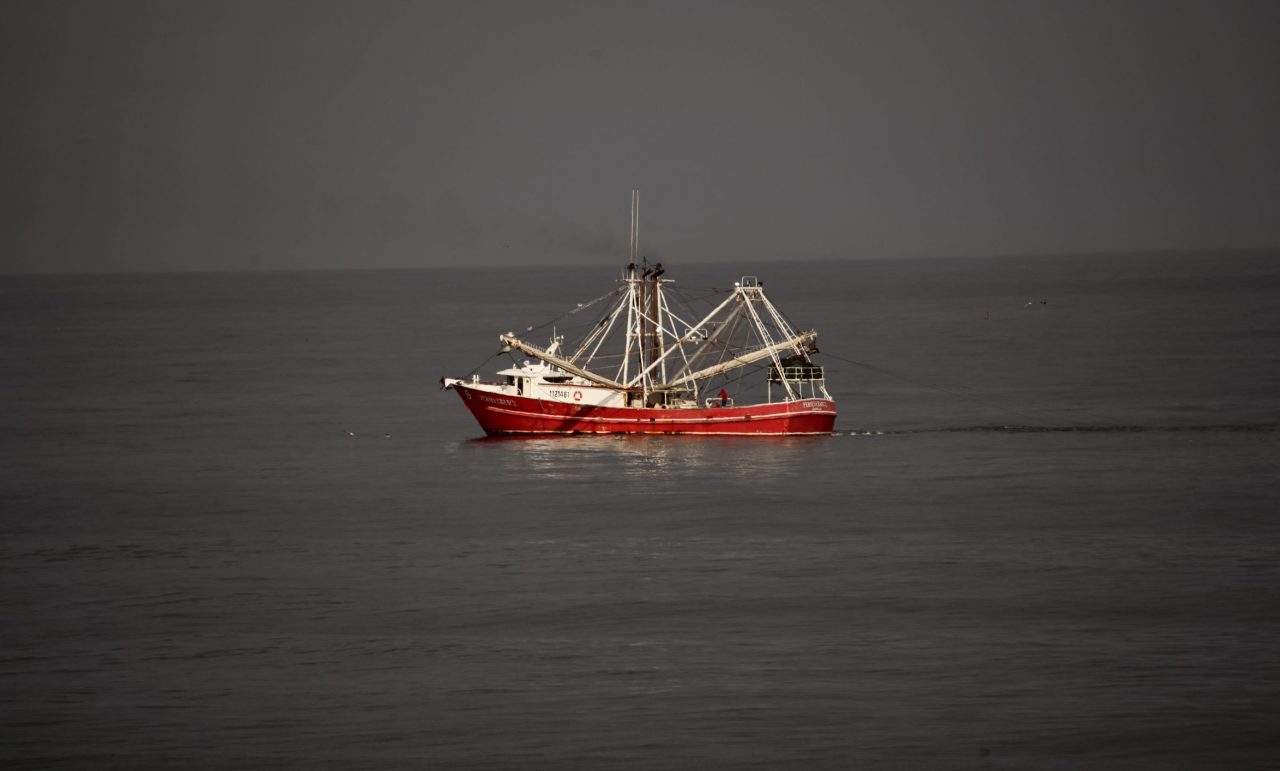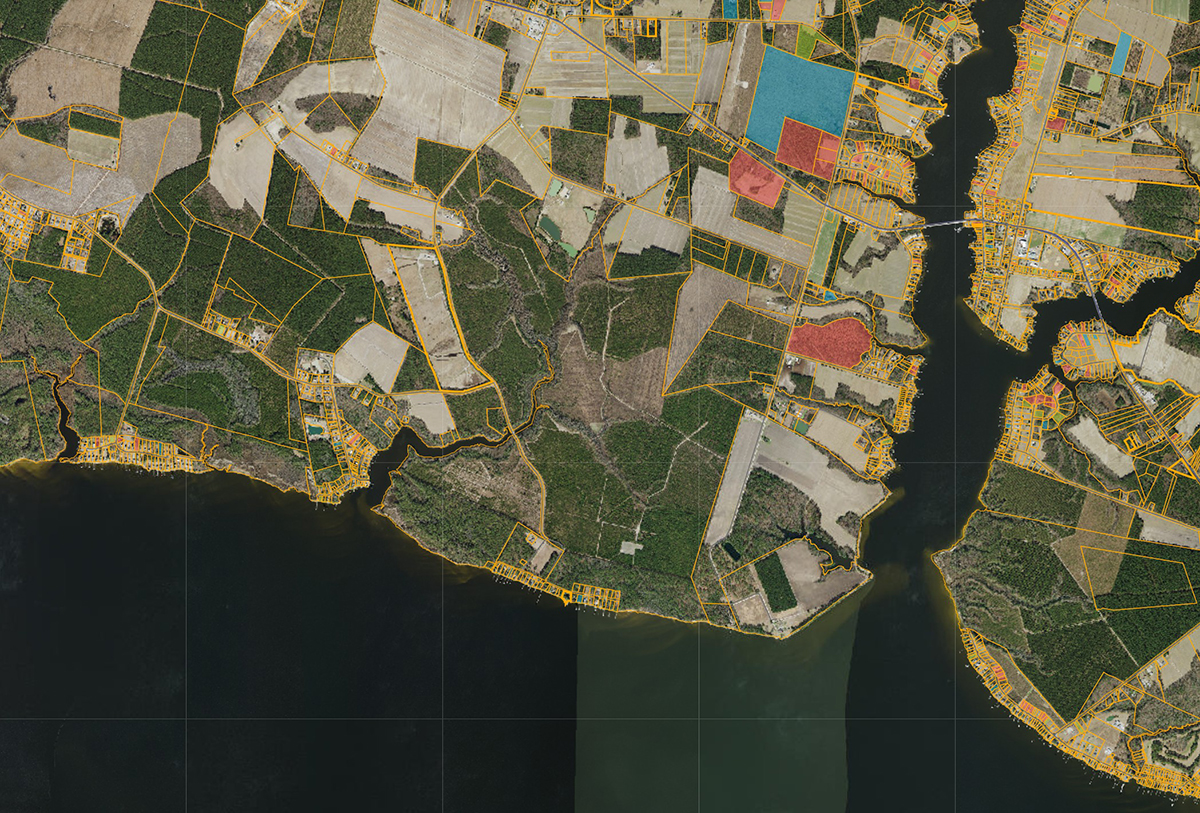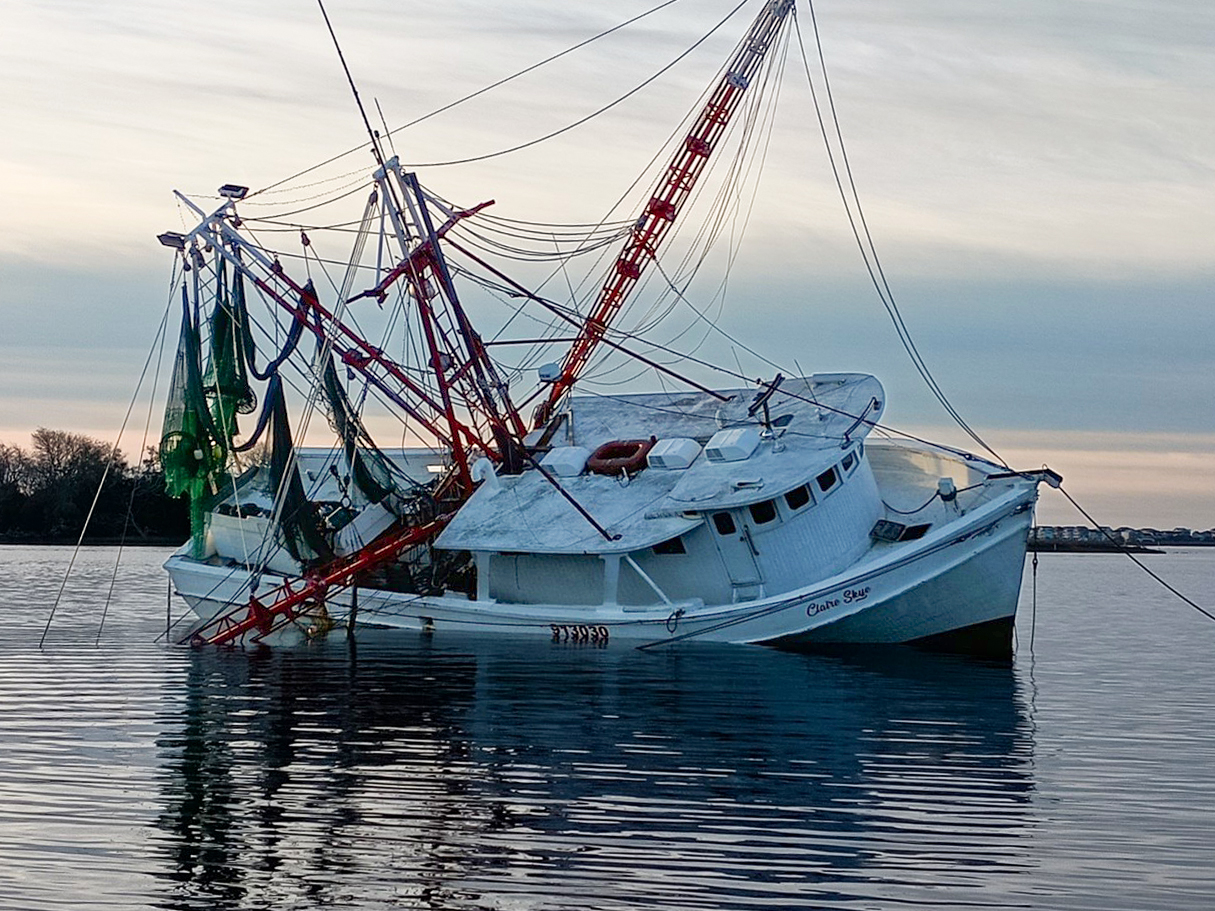
Reprinted from OBX Today
A Raleigh judge says a lawsuit filed by dozens of North Carolina residents and a recreational fishing advocacy group against state regulators can move forward.
Supporter Spotlight
The Coastal Conservation Association of North Carolina, along with 86 other plaintiffs, filed the suit against the state in November over what they call “abject failure” to “properly manage” coastal resources.
“The complaint details how the State has for decades tolerated overfishing of flounder and other species of coastal fish that are valued by the fishing public,” the advocacy group said last week in a release.
“The complaint also chronicles the staggering bycatch resulting from the State allowing the use of unattended gillnets and trawling in North Carolina estuarine waters heavily populated with juvenile fish — two practices that all other southeastern states have banned or severely curtailed because of the extraordinary amount of waste they generate,” the release continues. “The plaintiffs contend that as a result of these and other failures to properly manage coastal fisheries, the State has violated the North Carolina Constitution and the public trust doctrine, a legal doctrine under which the State holds certain natural resources in trust for its current and future citizens.”
The state filed a motion to dismiss the suit in January, claiming immunity from similar legal actions, among other reasons.
A hearing on the motion was held June 9 in Wake County Superior Court, and an order rejecting the state’s request was issued on July 28. CCA said Wednesday the state is now seeking an appeal.
Supporter Spotlight
“For the state to argue in court that it has no responsibility for preserving our coastal fisheries is deeply concerning,” said Bert Owens, chair of the CCA of North Carolina’s board of directors.
“By taking this approach, the state has made this about something larger than the documented decline of our coastal fisheries under its management,” Owens said. “There is a fundamental disagreement here about the relationship that we, as citizens, have with our government, and the government’s responsibility to ensure that we have natural resources like fish and wildlife to pass along to future generations.”
Tim Gestwicki, chief executive officer of the North Carolina Wildlife Federation, said he was “pleased that the Court reached the correct result, which reflects the basic, time-honored principle that the State is responsible for protecting our public trust resources.”
“The state’s assertion that it does not have an enforceable, affirmative obligation to manage North Carolina fisheries for the long-term public good flies in the face of the clear language of the North Carolina Constitution, Article 1, Section 38, which states that the right to fish shall be forever preserved for the public good,” said Dr. Joseph Kalo, the Graham Kenan Emeritus Professor of Law at the University of North Carolina School of Law.
“The state’s position would make the constitutional right to fish meaningless. Surely the voters in 2018, who by a wide margin approved this amendment to the constitution, believed that the right to fish meant something more than the right to wet a hook,” Kalo said. “Preserving the right necessarily implies an obligation to use sound science to secure, protect, and manage the health of fishery resources for the long-term public good.”
According to the CCA, the plaintiffs include five former members of the North Carolina Marine Fisheries Commission.
“(I am) grateful for the court’s ruling, which puts us closer to ensuring that sustainable coastal fisheries will be there for our children and grandchildren,” said Mac Currin, one of the former MFC members.
OBX Today is the community website of JAM Media Solutions’ Outer Banks radio stations: Beach 104, 94.5 WCMS, 99.1 The Sound and Classic Rock 92.3. The website is managed by local newsman Sam Walker and journalist Kari Pugh. Coastal Review Online is partnering with OBX Today to provide our readers with more environmental and lifestyle stories of interest about our coast.







